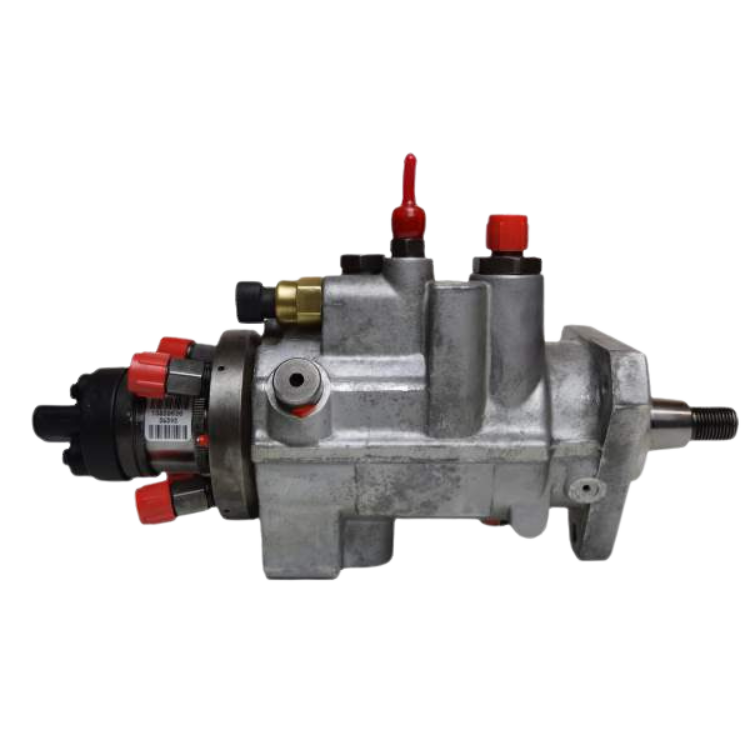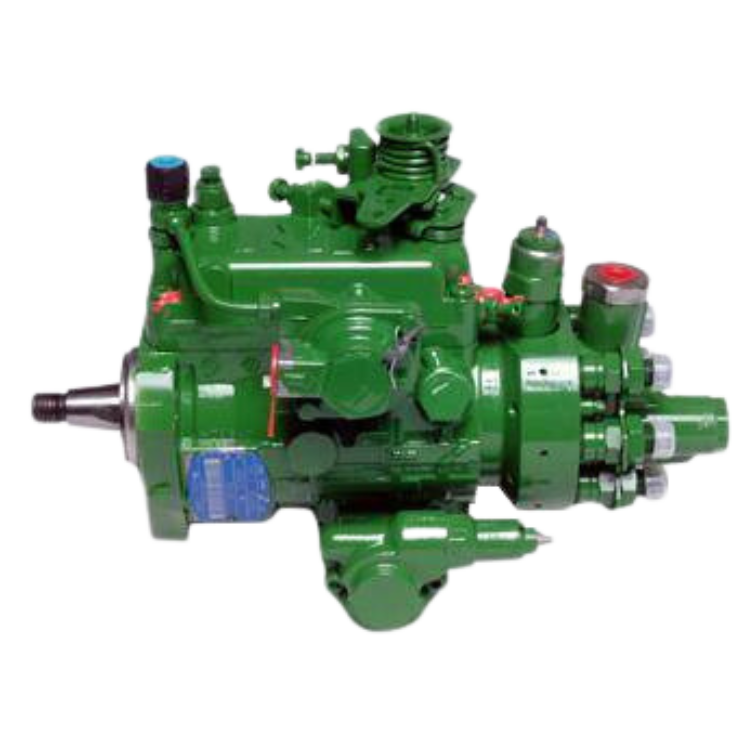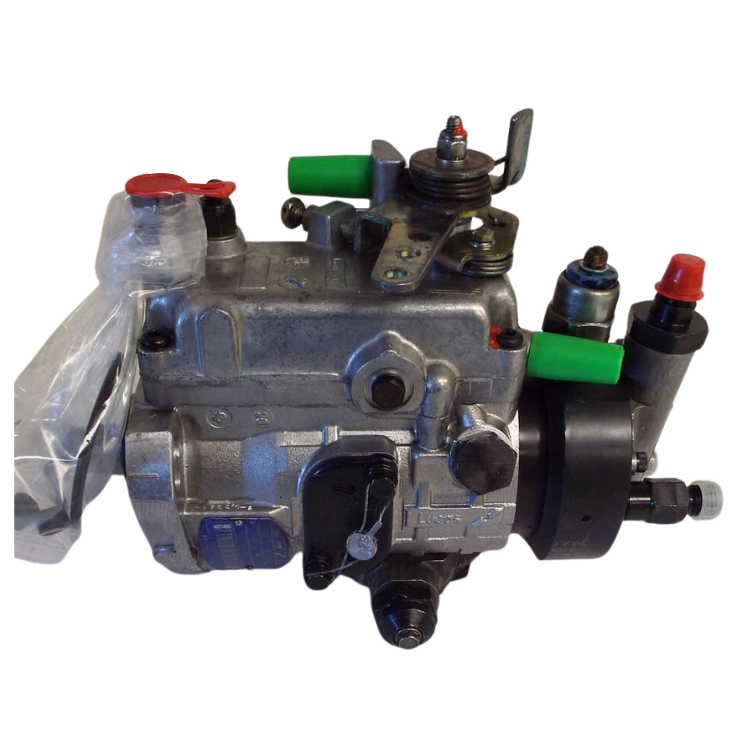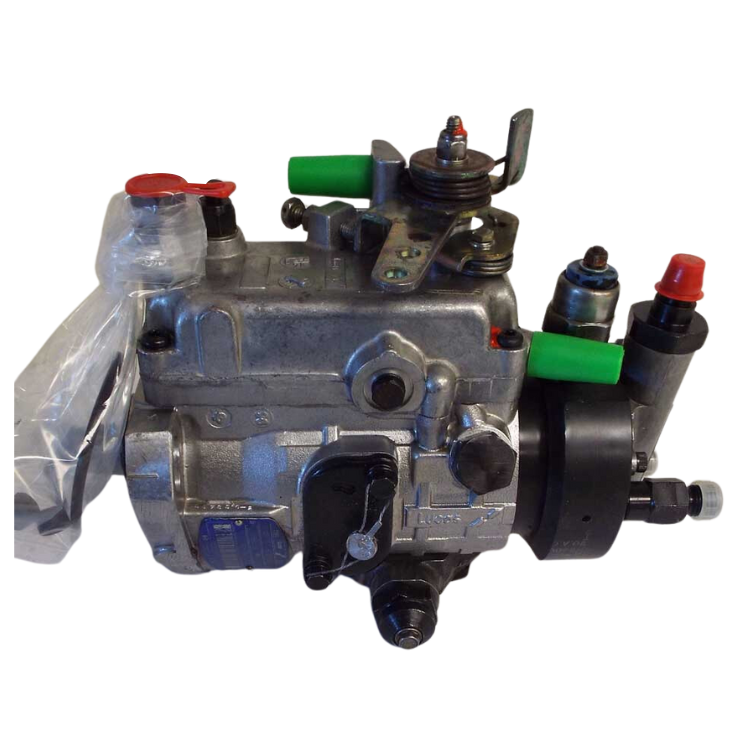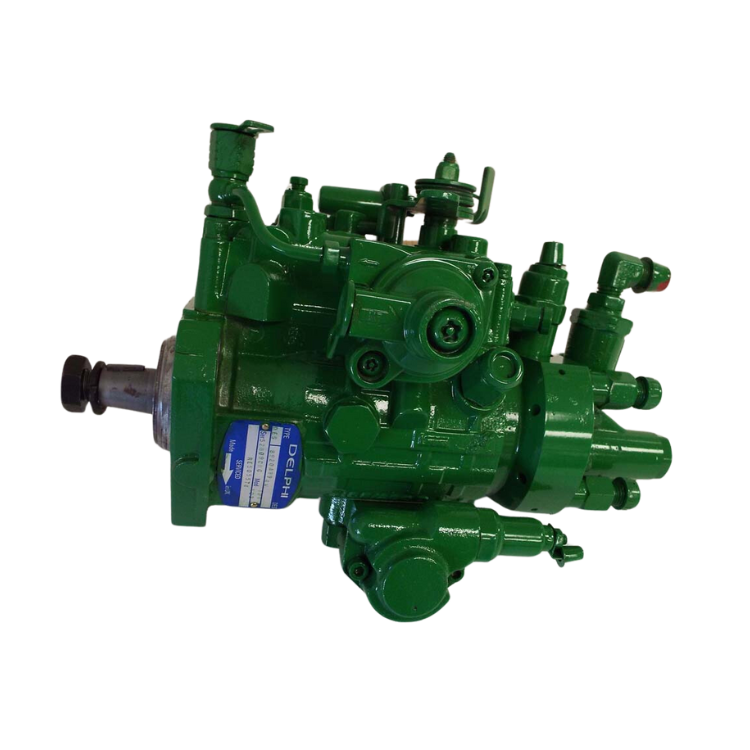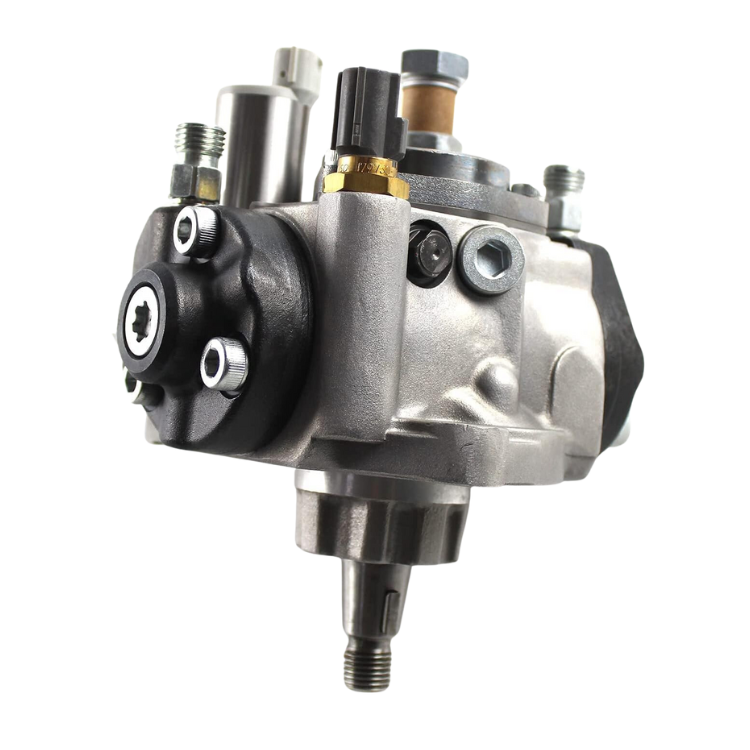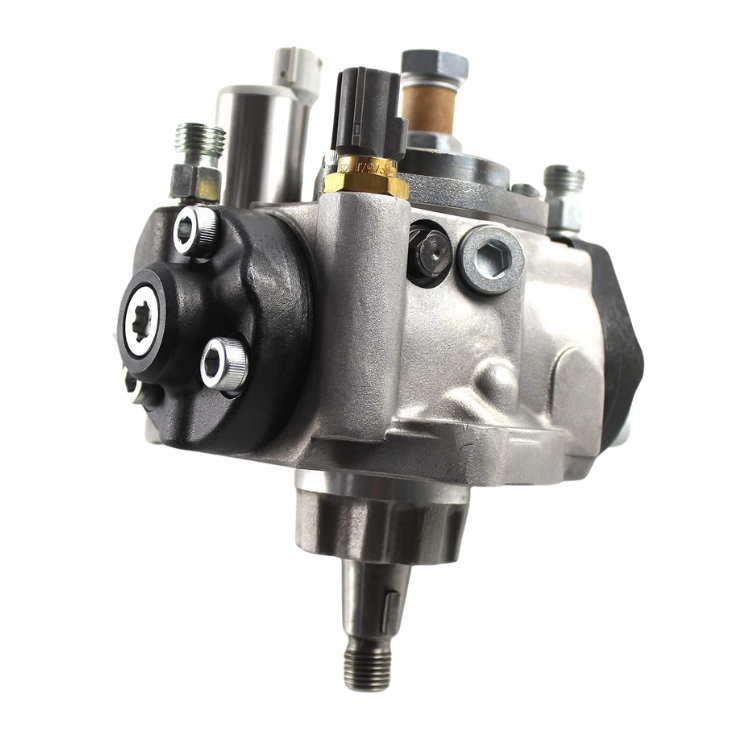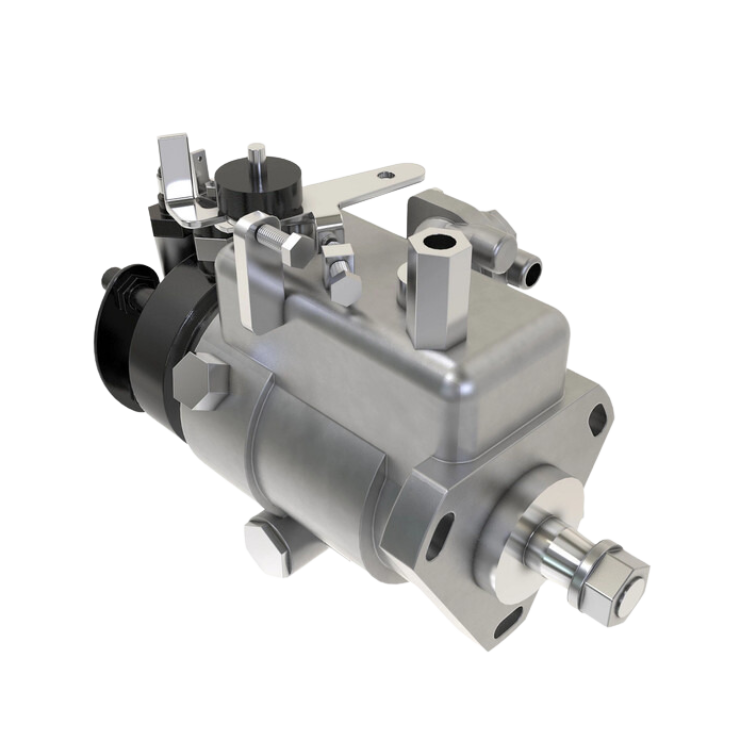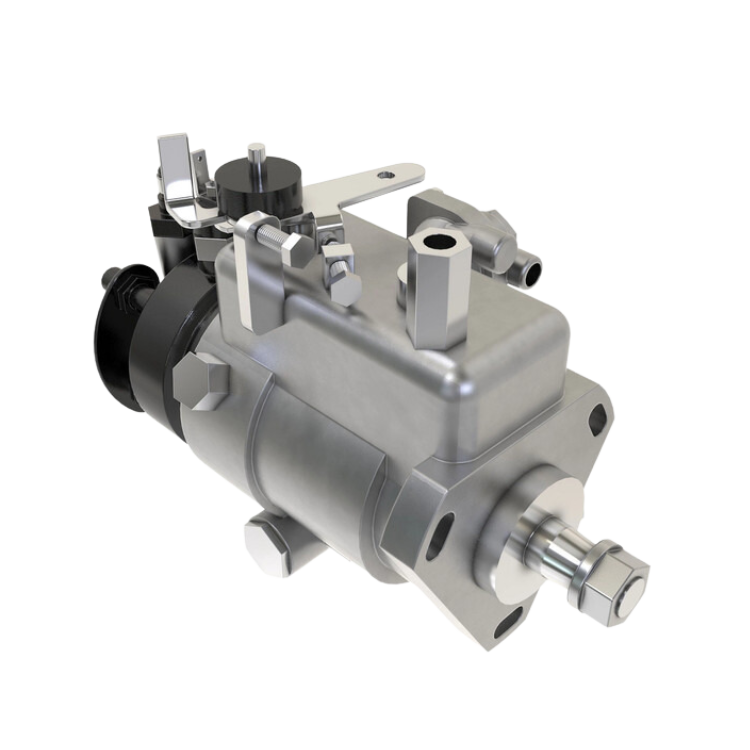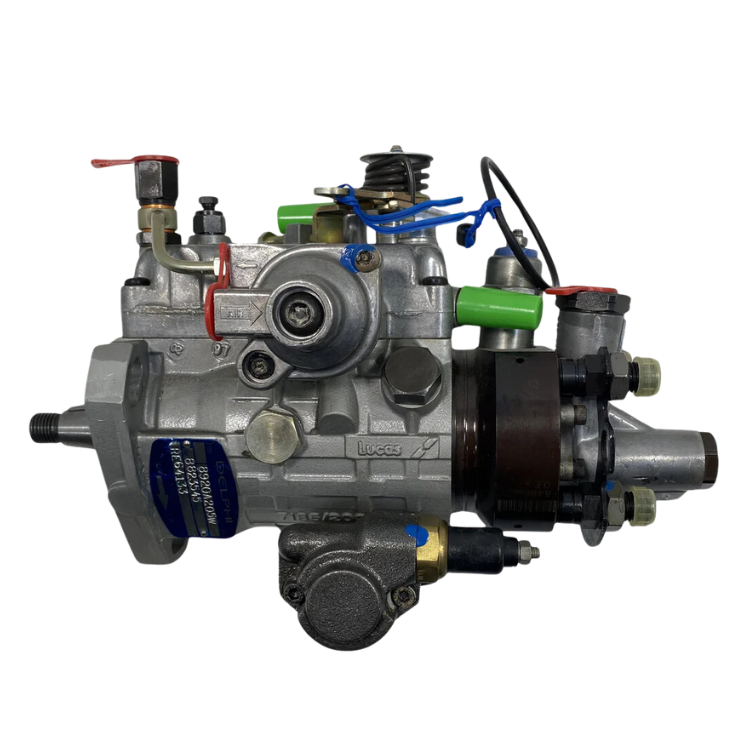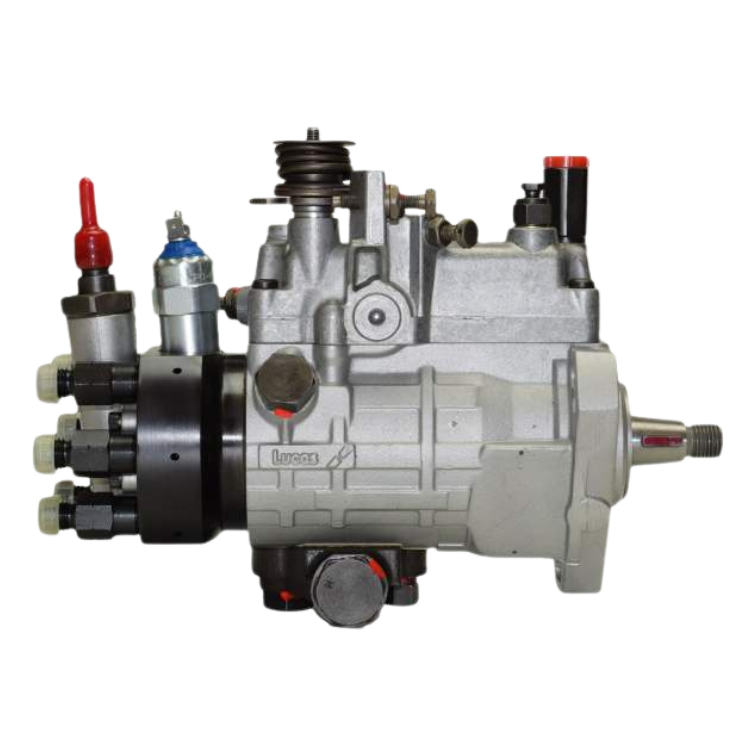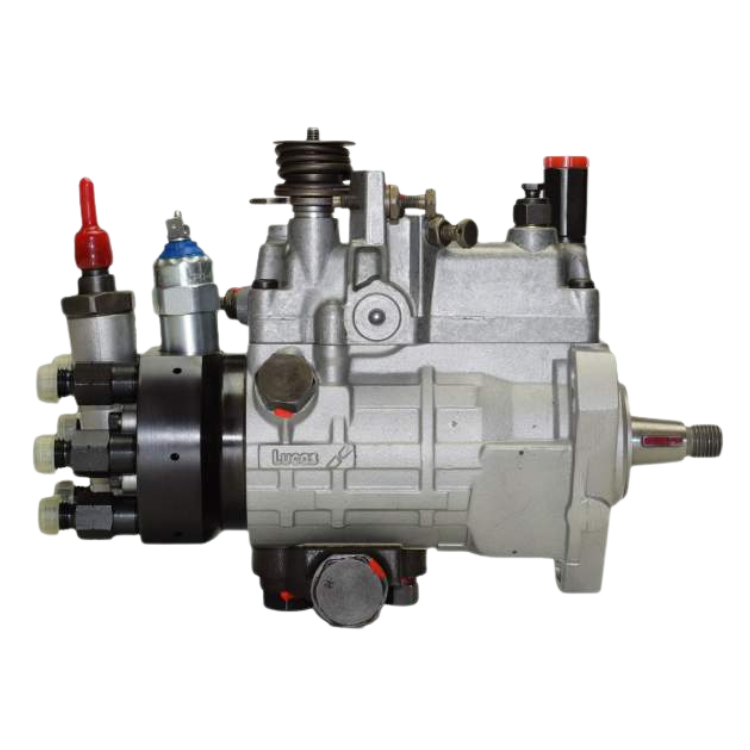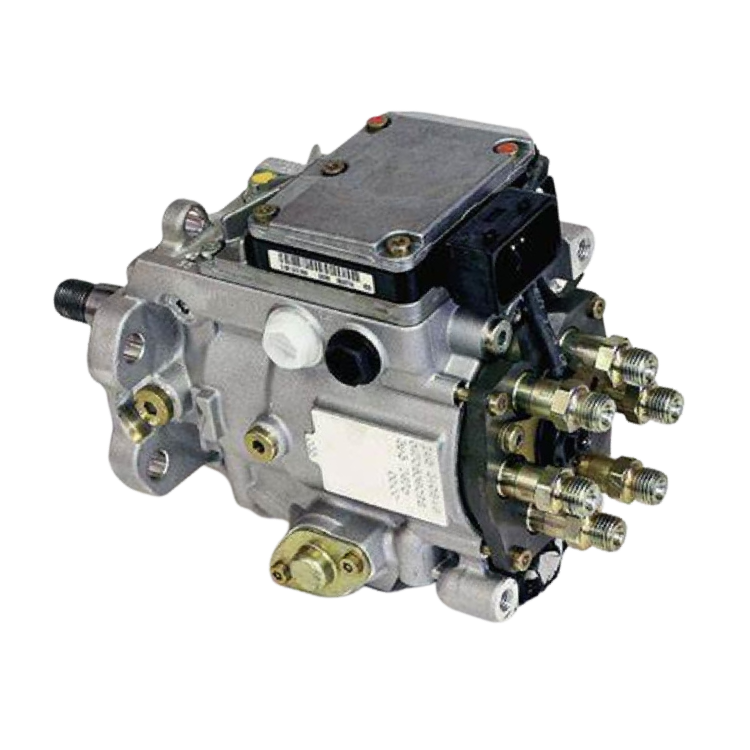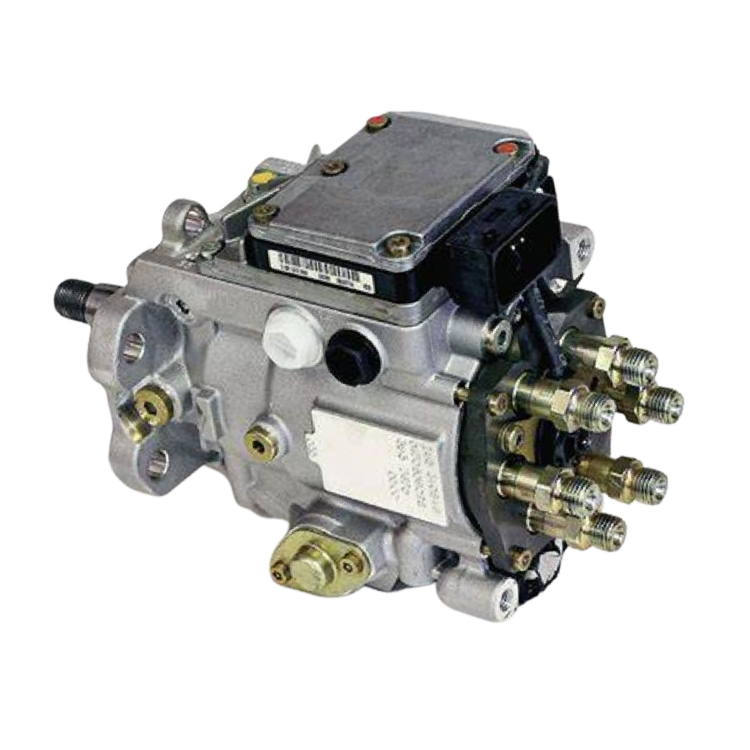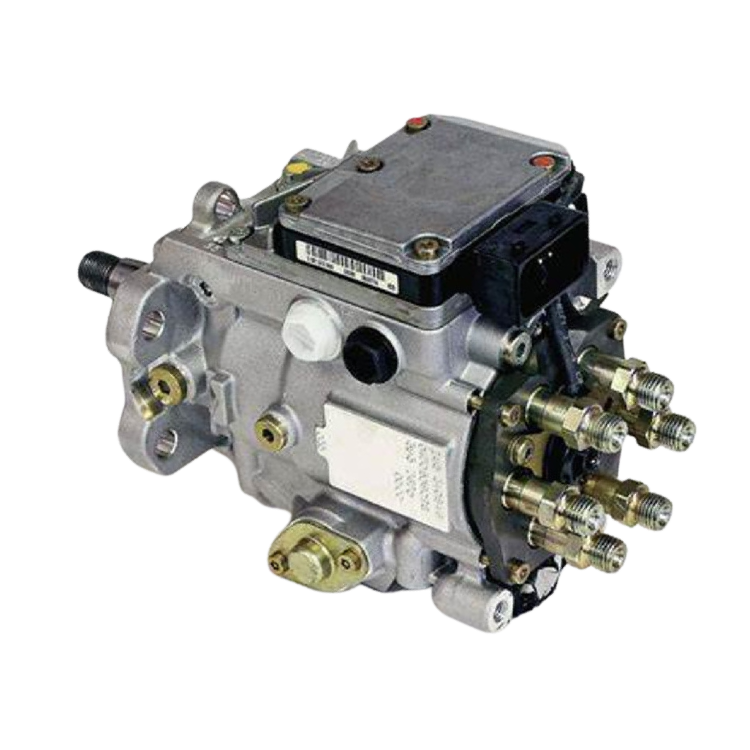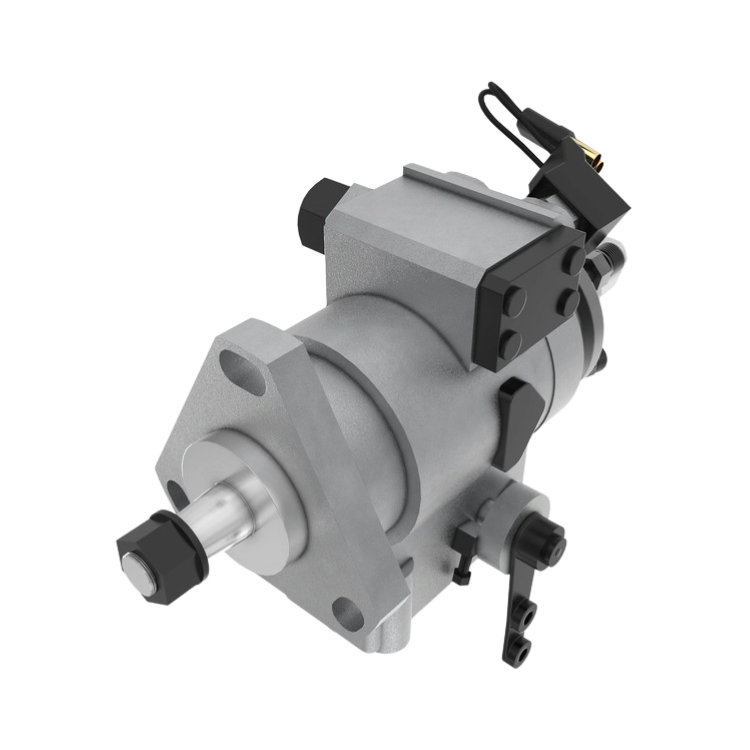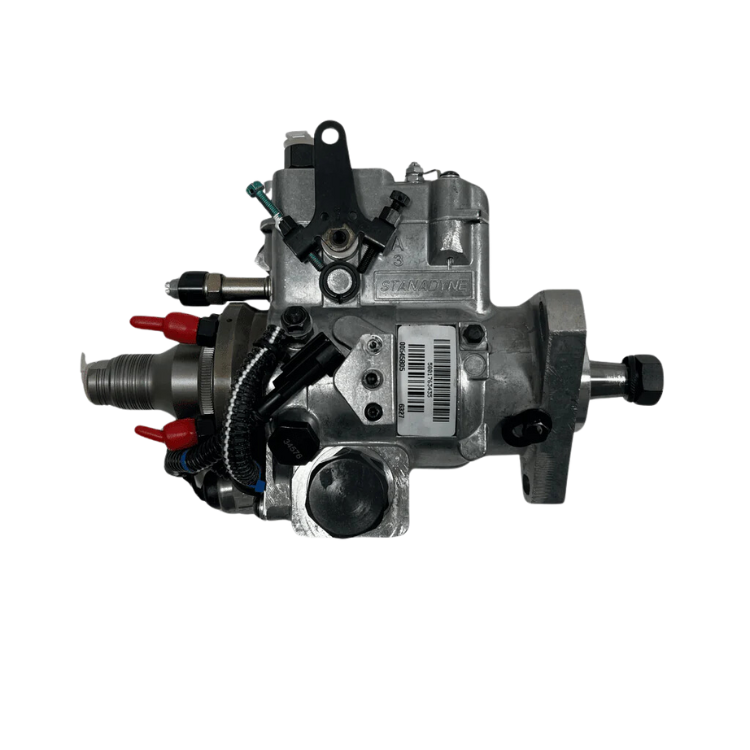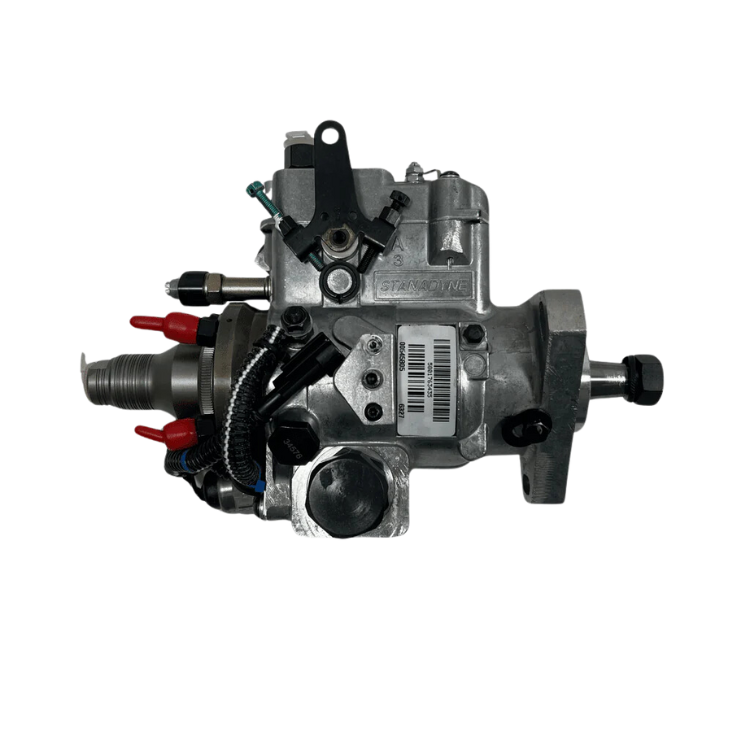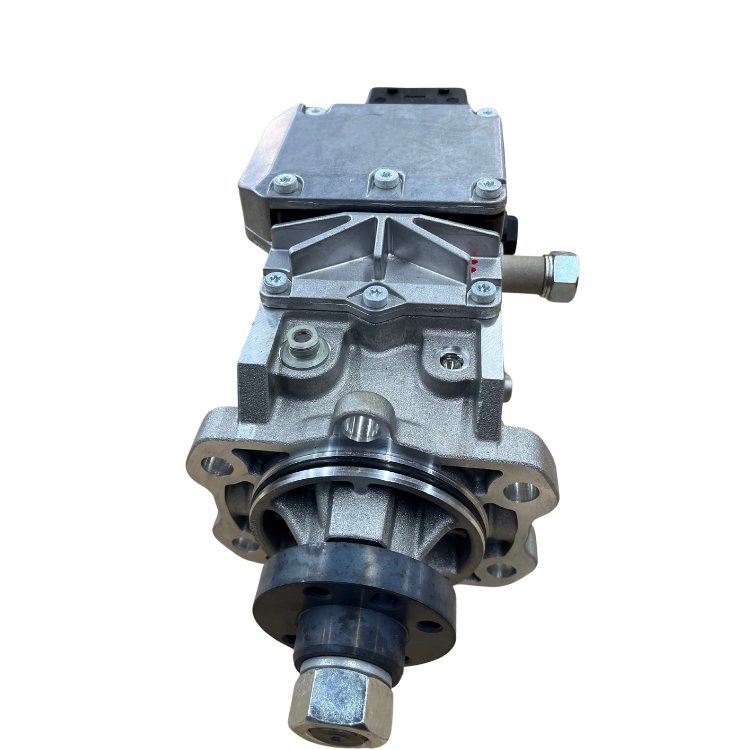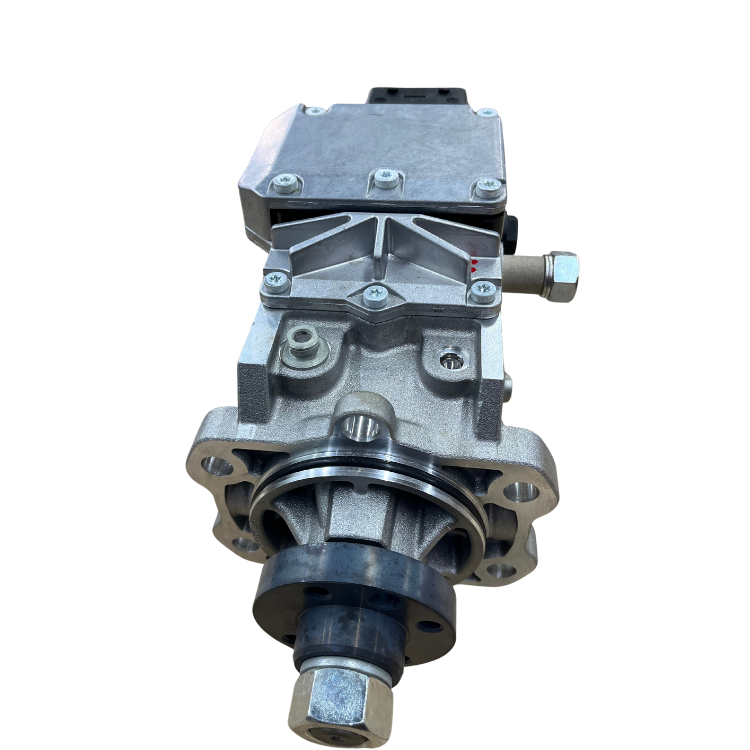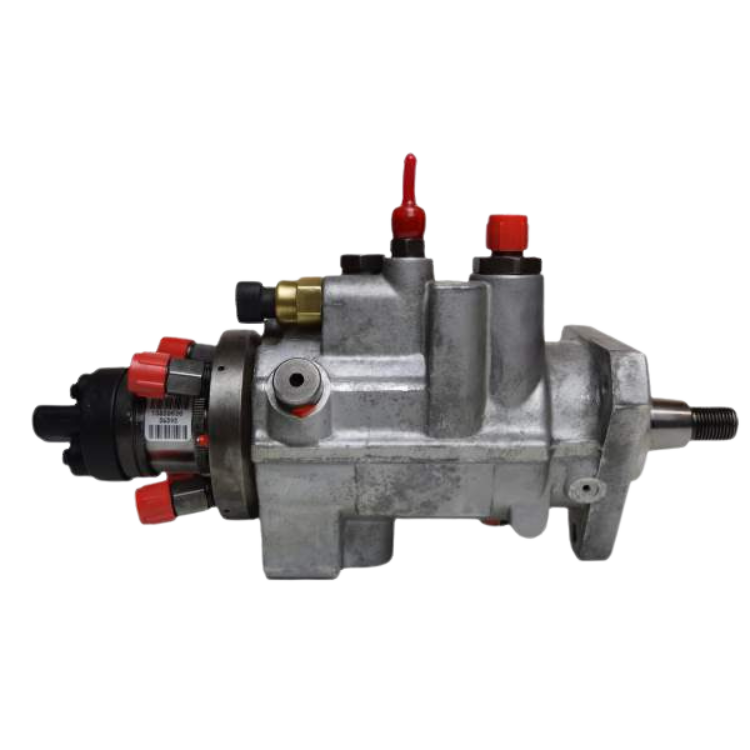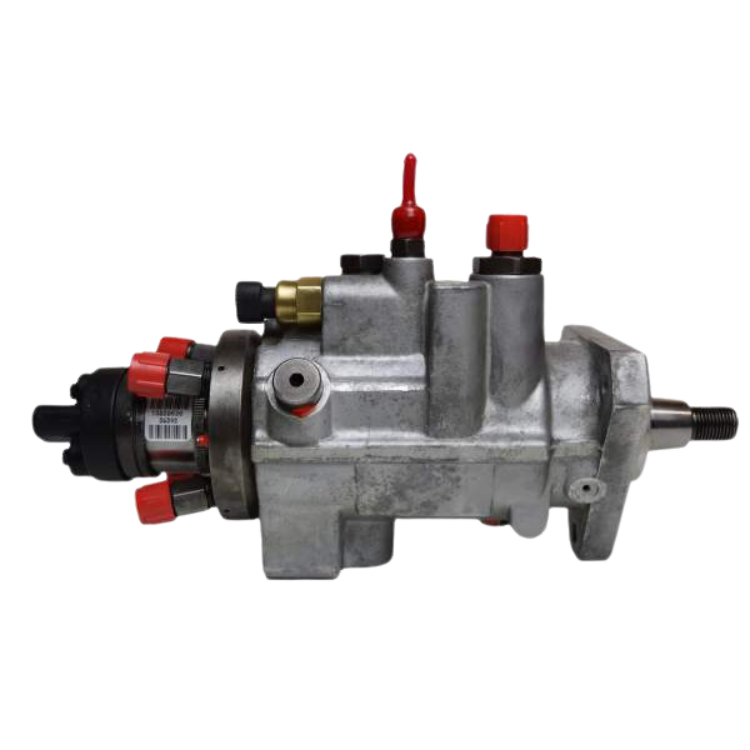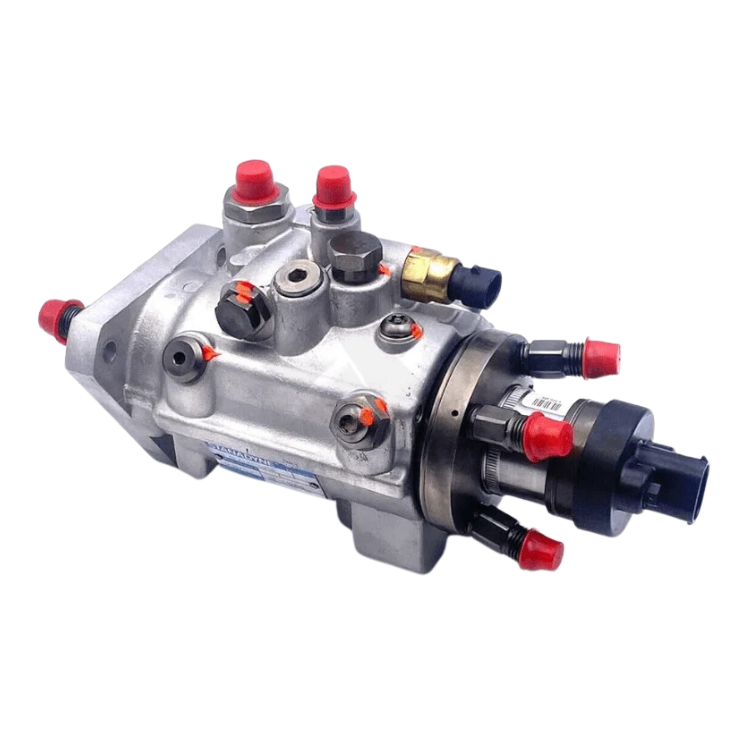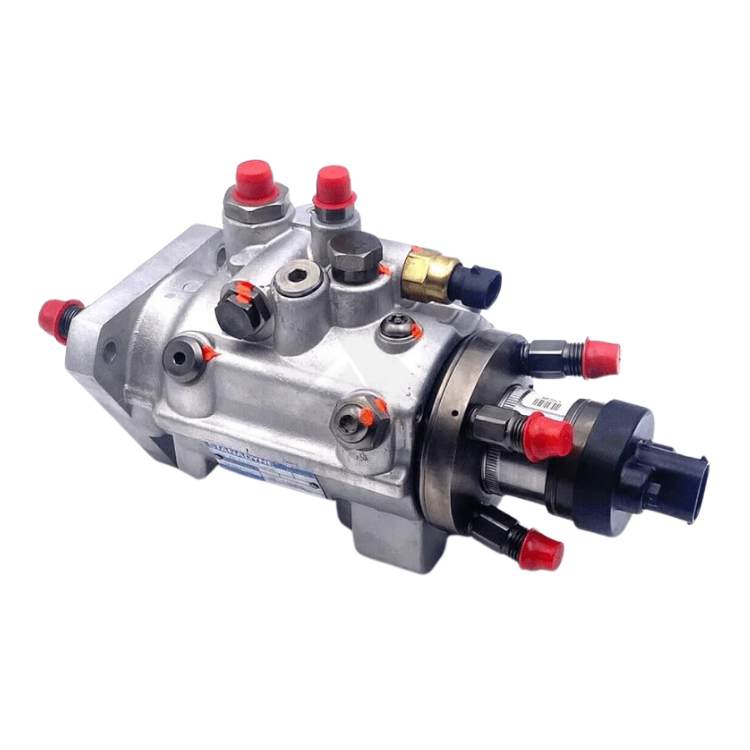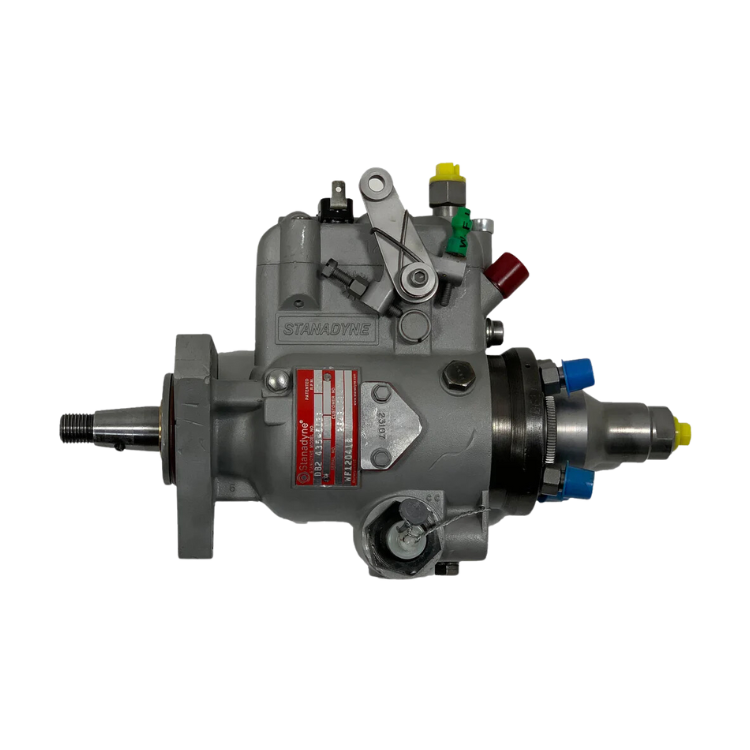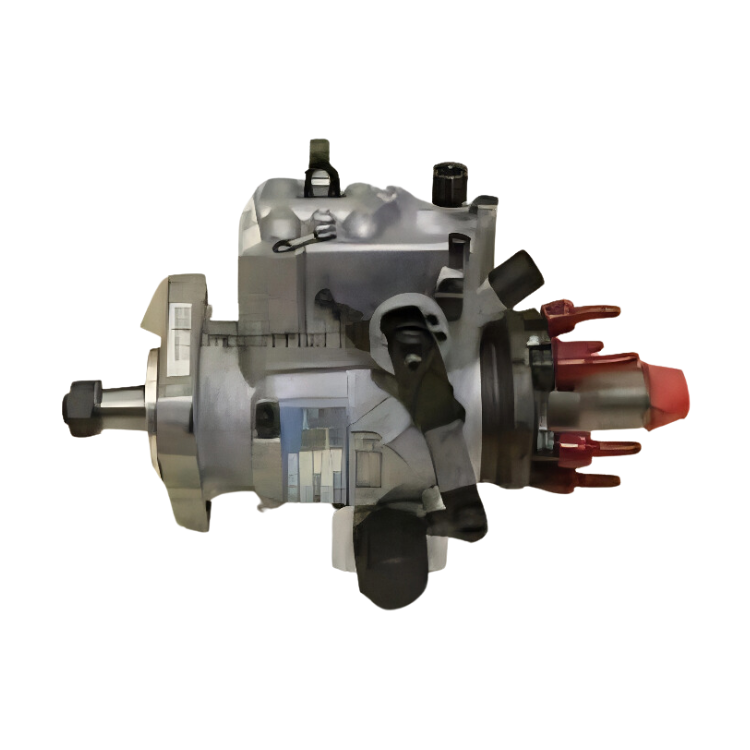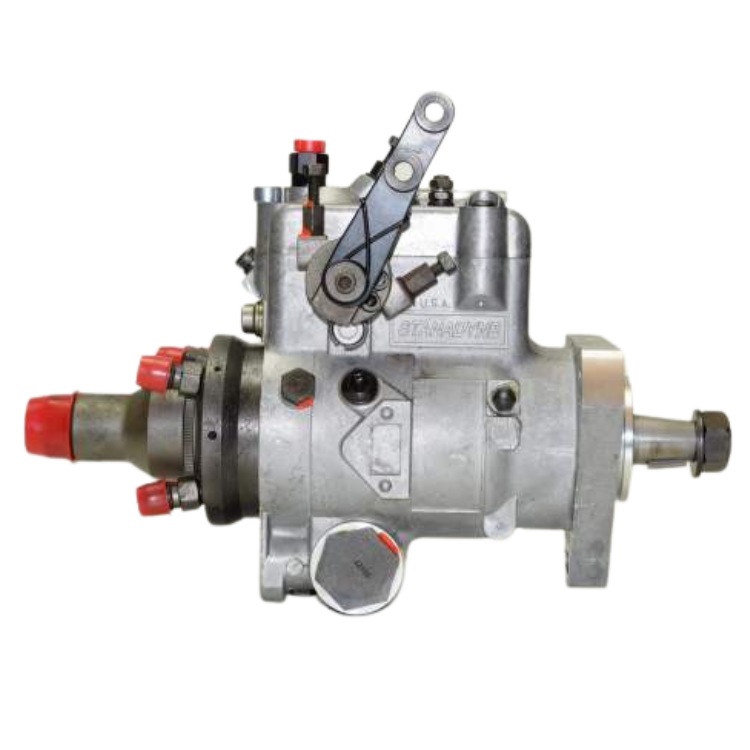The fuel injector pump is a critical component in your vehicle's engine, responsible for delivering the right amount of fuel to the injectors at the correct pressure. When this pump fails, it can lead to a range of engine performance issues that can be both frustrating and costly to repair. Understanding the common causes of fuel injector pump failure can help you take preventative measures to keep your engine running smoothly.
-
Fuel Contamination
-
One of the most common causes of fuel injector pump failure is fuel contamination. Dirt, debris, water, and other impurities in the fuel can damage the pump’s internal components, leading to wear and tear that eventually causes the pump to fail. Using high-quality fuel and regularly replacing the fuel filter can help reduce this risk.
-
-
Wear and Tear
-
Over time, the fuel injector pump can wear out due to the constant high-pressure operation it undergoes. The internal components, such as the pistons, seals, and valves, can degrade, leading to decreased efficiency and, eventually, complete failure. Regular maintenance can help identify signs of wear before they lead to more significant issues.
-
-
Poor Lubrication
-
The fuel injector pump relies on the fuel itself for lubrication. If the fuel is of poor quality or contains insufficient lubricating properties,
-
-
Overheating
-
Excessive heat can cause the fuel injector pump to overheat, leading to damage to its internal components. Overheating can result from various factors, including a malfunctioning cooling system, high engine temperatures, or excessive fuel demand. Ensuring that your vehicle's cooling system is functioning correctly and that the engine is not overworked can help prevent overheating-related pump failure.
-
-
Fuel Pressure Issues
-
Inconsistent or incorrect fuel pressure can put extra strain on the fuel injector pump. If the pump is forced to work harder than it should, it can lead to premature wear and eventual failure. Regularly checking and maintaining the correct fuel pressure is essential to prolong the life of the pump.
-
-
Electrical Problems
-
The fuel injector pump is often electronically controlled, and any issues with the electrical connections, wiring, or control module can lead to pump malfunction or failure. Ensuring that all electrical components are in good condition and functioning correctly is vital for the pump's performance.
-
Understanding the causes of fuel injector pump failure—such as fuel contamination, wear and tear, poor lubrication, overheating, fuel pressure issues, and electrical problems—can help you take proactive steps to prevent these issues. Regular maintenance, using high-quality fuel, and being vigilant about your vehicle’s performance are key to extending the life of your fuel injector pump and ensuring your engine runs smoothly. By addressing potential problems early, you can avoid costly repairs and keep your vehicle in top condition for years to come.






